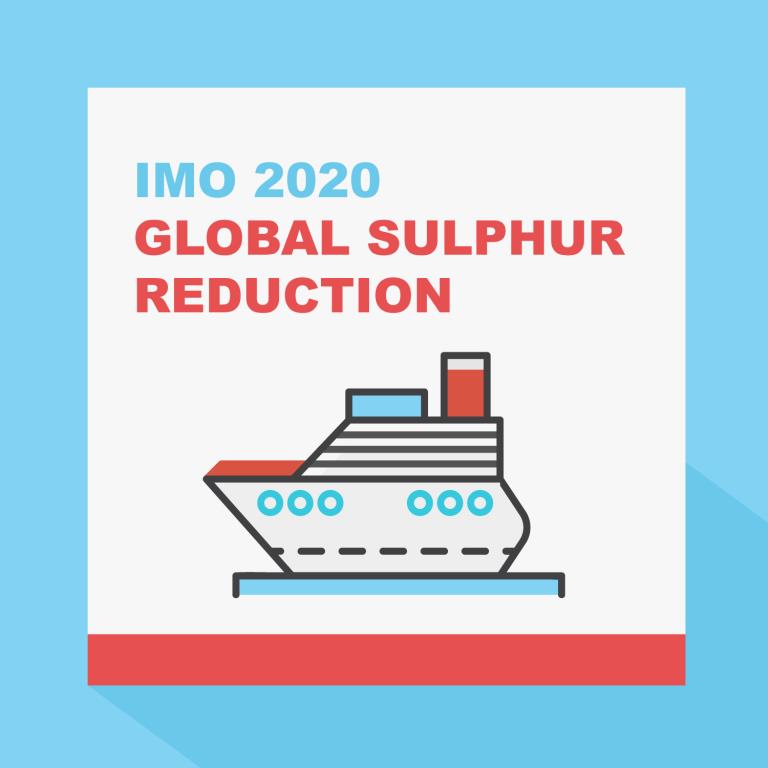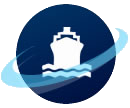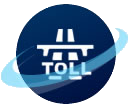For ships operating outside designated Emission Control Areas, The IMO, which stands for the ‘International Maritime Organisation’ has set a limit for sulphur in fuel oil used on board ships of 0.50% m/m (mass by mass) from 1 January 2020. The intention is to reduce the amount of sulphur oxide emanating from ships and is predicted to have major health and environmental benefits, particularly for areas close to ports and coasts.
The IMO work as an Authority which regulates the shipping industry and has been working to reduce harmful impacts of shipping on the environment since the 60’s. The International Convention for the Prevention of Pollution from Ships (MARPOL Convention) was adopted in 1997, to address air pollution from shipping and has been enhanced several times since then, including amendments to introduce further Emission Control Areas. The new regulations will align all areas to the same emissions restrictions.
Currently, ocean vessels burn a more cost-effective ‘bunker fuel’. Bunker fuel is the by-product of other high-grade fuels being extracted from crude oil, such as petrol and diesel. Around 3.5 percent of the emissions produced by bunker fuel contain sulphur. This new rule should greatly reduce industry standard sulphur emissions to just 0.5%. This sizable reduction in harmful emissions will undoubtedly provide a positive environmental impact.
Kitack Lim, the South Korean secretary of the IMO believes the “reductions in sulphur oxide emissions resulting from the lower global sulphur limit are expected to have a significant beneficial impact on the environment and on human health, particularly that of people living in port cities and coastal communities, beyond the existing emission control areas.”
As you may expect, the cost of cleaner and more refined fuel is higher. One option is to simply burn cleaner (premium) fuel. Alternatively, in order to continue using bunker fuel, shipping companies can install ‘scrubbers’, which clean the exhausts and remove harmful substances. A third option would be to convert ships, allowing the use of liquid natural gas.
Whichever method carriers choose, extensive planning and preparation will play a vital part in meeting the 2020 deadline.
As Motis is Europe’s largest (and best!) Freight Ferry booking supplier, we and our customers will of course see some impact from the changes. MARPOL is nothing new to our business, as all the routes on the English Channel, North and Baltic seas had to switch to low Sulphur fuels a number of years ago, and surcharges were applied by the shipping companies effected by the change but from the 1st January this Geographic area will also include the Irish Sea. The various shipping companies who operate on the Irish Sea are finalising their calculations and we expect that we will be notified of any Surcharges shortly, at which time we will communicate with our customers accordingly.
Low sulphur will affect all areas of Europe from 1/1/2020. For a number of years we have implemented MARPOL on the North Sea, English Channel and the Baltic Sea. The implementing of LSS or MARPOL or Low Sulphur will mean changes in rates to many of our routes. Everybody will get the same increases.
Please see the links below on the rate changes from Seatruck, P&O Irish Sea and Irish Ferries.
A document for Stenaline is to be announced.
- SEATRUCK INFO
- PO2020 INFO
- IRISH FERRIES INFO













